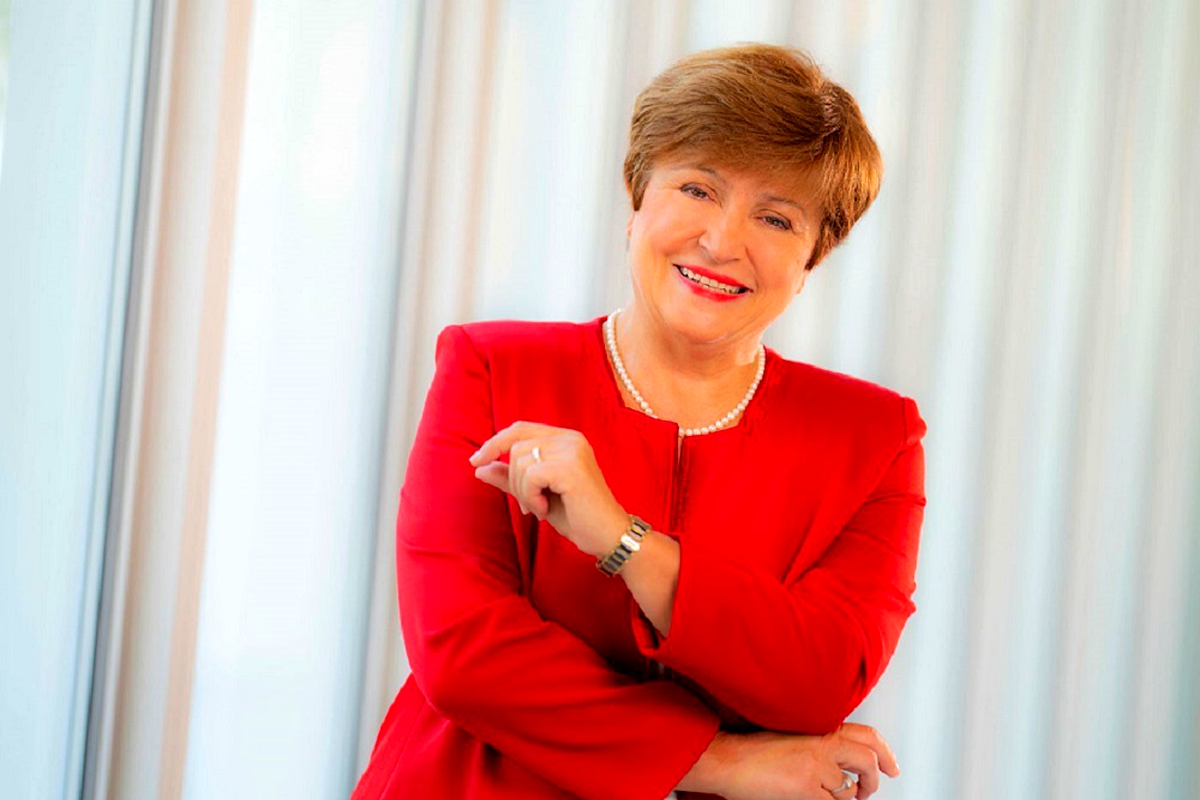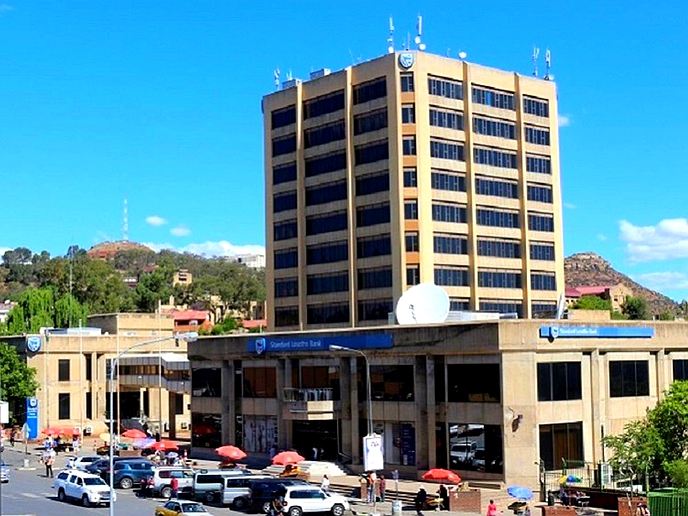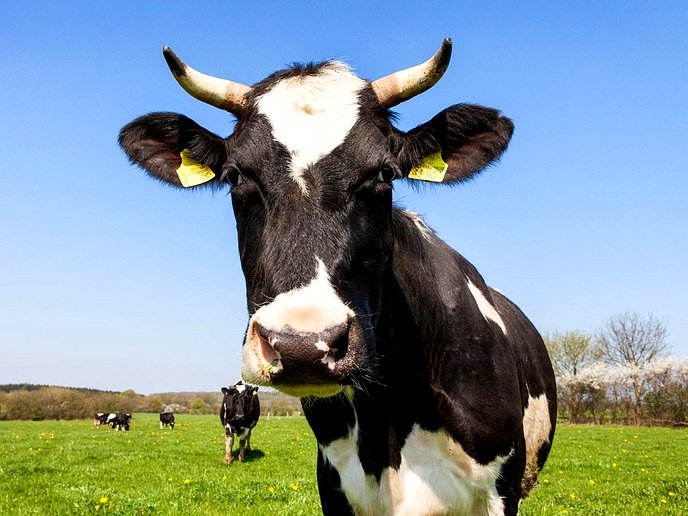CONSUMER prices in Lesotho are expected to average 6.1 percent year-on-year, says the International Monetary Fund (IMF) in its World Economic Outlook report for the year 2022 released last week.
business
April 30, 2022
NEO SENOKO
2 min read
Consumers to pay more for less

IMF chief, Kristalina Georgieva
Story highlights
At this rate, Lesotho will be the second highest behind Botswana in the Southern African Customs Union (SACU) region
Botswana is projected to be the highest at 8.9 percent in the region, while South Africa and Namibia follow at 5.7 and 5.5 respectively.
Eswatini is the lowest at 4.8 percent.
The 6.1 percent figure is the highest in Lesotho since 2016 when consumer prices averaged 6.6 percent.
“It means consumers will have to pay more for less this year as compared to previous years,” said IMF boss, Kristalina Georgieva in the statement.
Observers have warned that while consumers are set to suffer, they should brace for even more struggles due to the ongoing war between Russia and Ukraine.
“Russia and Ukraine war has added salt to injury and it’s an undeniable fact that the war has had a devastating impact on the global economy,” said Consumer Rights Protection Executive Director, Nkareng Letsie in a recent interview with Metro.
“Basotho should brace for more difficult times ahead because of the unprecedented soaring prices.”
Enjoy our daily newsletter from today
Access exclusive newsletters, along with previews of new media releases.
Also, the Central Bank of Lesotho (CBL) in February warned that prices and inflation would remain high. This is despite the fact that the domestic inflation rate as measured by the year on year percentage change in the consumer price index (CPI), declined slightly from 7.6 percent in January to 7.5 percent in February.
The IMF has said inflation would complicate the trade-offs central banks faced between containing price pressures and safeguarding growth.
As central banks tighten policies, extending pressure on emerging markets and developing economies, interest rates are expected to rise.
The IMF said many countries had limited fiscal policy space to cushion the impact of the war on their economies.
Tailored for you






